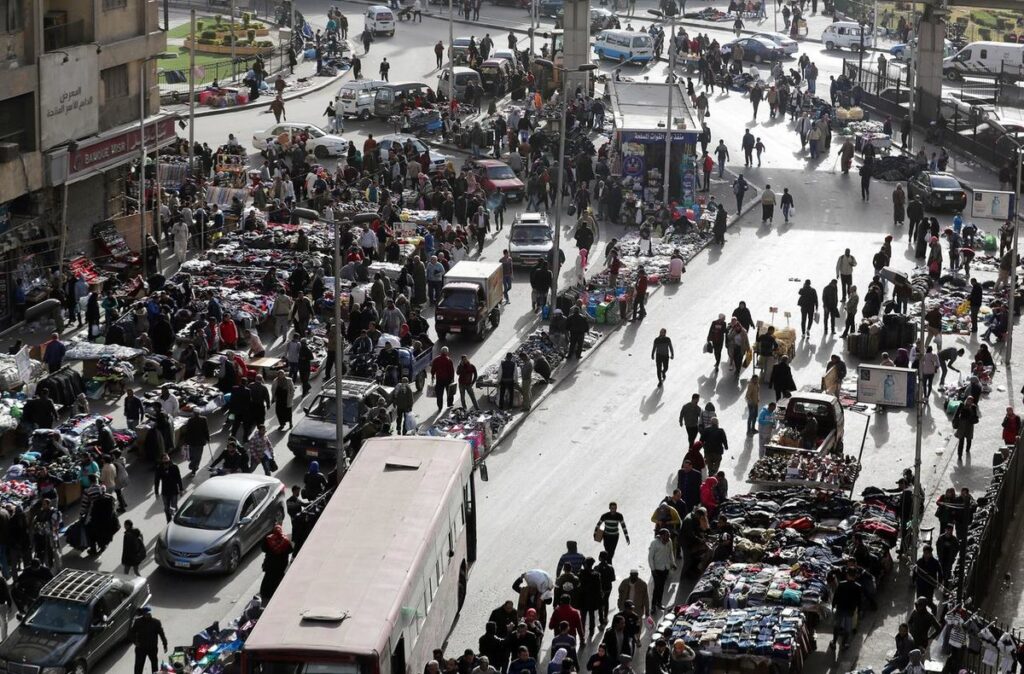In the 2020/2021 fiscal year, Egypt’s economic growth is projected to decelerate to 3.1 percent, a decrease from the previously anticipated 3.5 percent, due to the impact of the COVID-19 pandemic, as per a Reuters survey released on Tuesday.
The Egyptian economy, in previous years, benefited significantly from a resurgence in tourism, substantial remittances emanating from overseas labourers, and the discovery of new gas reserves. However, the advent of the coronavirus pandemic has struck a devastating blow, causing the tourism sector to collapse and gas prices to nosedive. Moreover, the dwindling oil revenues in Gulf Arab states are threatening remittances as considerable proportions of Egyptian workers are based in those countries.
Earlier in May, Egypt’s Planning Minister, Hala al-Saeed, expressed that the originally forecasted fiscal growth of 3.5 percent could dip to 2 percent if the virulent coronavirus crisis remains unabated till the year-end. The survey was conducted during the period of July 7-20, with predications that the country’s Gross Domestic Product (GDP) could return to a growth of 5 percent in 2021/2022.
Despite government-implemented drastic fiscal reforms, which encompass a significant currency devaluation, reductions in energy subsidies, and the initiation of value-added tax, the International Monetary Fund (IMF) had earlier projected that Egypt’s economy could inflate by 5.9 percent in 2020. However, such reforms have made procuring life’s essentials daunting for a sizable segment of Egypt’s roughly 100 million residents.
According to analysts at HC Securities, the initial two quarters of 2020/21 are expected to see Egypt’s GDP negatively impacted by the COVID-19 pandemic with tourism, private investment and consumption being the most significantly affected sectors. However, they are optimistic that “as we move into FY 21/22, the expected fading of this adversity will allow the economy to start leveraging the 2016-2019 economic reforms.”
Economists polled by Reuters are forecasting that the nation’s annual urban consumer price inflation will ease to 7.0 percent in 20/21, a slight decline from the 7.5 percent anticipated in the previous survey, and continue to hold steady at 7.0 percent in 21/22.
Callee Davis, economist at NKC African Economics, while speaking to Reuters, posited that even as the economy begins to gradually reopen, domestic demand conditions are expected to remain stagnant moving forward, due to wage cuts and job losses in the midst of the economic recession.
